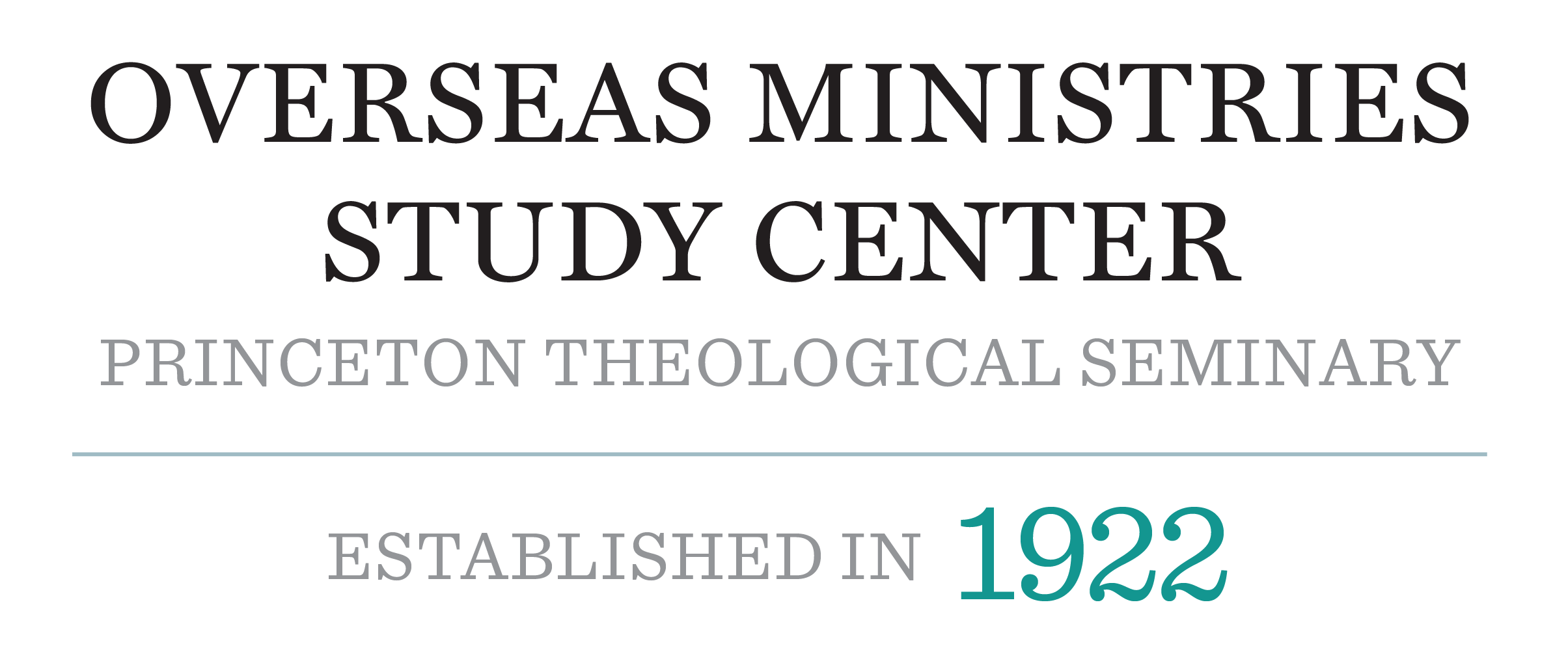By Paul Mark Andres

There is a beautiful irony in realizing that seeking God can feel costly. At this moment, I sense God challenging me to deepen my understanding of faith and spirituality beyond traditional confines. Formal theology often carries significant financial burdens, making it difficult to engage fully. Yet, this challenge has inspired me to explore alternative, enriching paths: participating in community dialogues, extensive reading, and engaging with diverse theological insights that transcend formal education. These experiences have motivated me to find creative ways to nurture my relationship with God, showcasing that deep faith can be cultivated beyond financial constraints.
My insatiable thirst for God might be traced back to my 14 years in a secular public education system, where discussions of God felt like a privilege exclusive to those who could afford a Catholic or Protestant education in the Philippines. This environment sparked my curiosity—a longing to know the mysterious God who felt distant yet whose love I could still sense. This yearning drove me to work hard, making a personal promise: one day, when I had the means, I would study Catholic theology to fully grasp and cherish this boundless love.
When I finally enrolled in a theological program, unforeseen circumstances prevented me from completing it. Yet, through a series of extraordinary events and a meaningful dream, I studied Islamic Studies—a field both familiar and foreign to me. A month after graduation, I felt a lingering void; I had gained knowledge of God, but I still longed to truly feel His presence. Just as I contemplated setting aside theology to focus solely on science and technology, I found myself awake one night, crying out to God, “Can You really stretch out your hand and show your wonders?” referencing Exodus 3:20. That night, I dreamt of a man reciting a verse from the Quran: إِذَا قَضَى أَمْرًا فَإِنَّمَا يَقُولُ لَهُ كُن فَيَكُونُ. (“When He (God) decides a matter, He only says to it, ‘Be,’ and it is.”) I brushed it off at first, attributing it to stress. However, days later, an unexpected message from Dr. Fides Del Castillo, my former professor, invited me to join the Lived Theology and World Christianity (LTWC) program at Princeton Theological Seminary. This opportunity directly answered my prayer, reigniting my hope to know and feel God’s presence honestly.

My joy, however, was met with the challenge of not receiving a full scholarship. Initially, it felt unfair, and I questioned God’s reasoning. But as I sifted through old notes, I found a powerful reminder: “If I am willing to accept blessings from God, I should also be willing to accept God’s trials, for both come from Him.” This realization reshaped my perspective: God speaks to us through experiences. The study of God should not be confined to formal doctrines; it should encompass the full range of human experiences. Finding the divine in everyday moments resonates deeply with my Filipino heritage and the cultural expression of “bahala na.” This phrase, meaning “come what may” or “leave it to God,” embodies the essence of Filipino spirituality. It weaves together Islamic “tawakkul” (trust in God) and the Christian invocation “Fiat voluntas tua” (Thy will be done), blending proactive faith and surrender to divine will. This uniquely Filipino spirituality fosters resilience and hope, illustrating how divine providence guides us through life’s challenges. When I say “bahala na,” it is not a passive statement but an active theology—a declaration of faith akin to St. Anselm’s fides quaerens intellectum (faith seeking understanding)[1]. Through this culturally embedded trust, I find divine wisdom, especially when faced with obstacles like financial barriers to my studies. This experience illuminates the essence of lived theology: understanding God through life itself.
Lived theology emphasizes that faith is not limited to academic study. It democratizes theology by inviting people to reflect on personal experiences, engage in meaningful community dialogues, and draw insights from Scripture and tradition in navigating real-life challenges. This makes theology more accessible and affordable for individuals like me, who are passionate about faith but may lack the means for formal education. It underscores that rich theological insight and profound spiritual growth can be nurtured daily.
Lived theology is especially significant for Filipinos living in the “laylayan”[2] (margins), as described by Dr. Fides Del Castillo. The gospel affirms that God is particularly close to those in need, as reflected in Luke 4:18-19: “He has sent me to proclaim good news to the poor.” Likewise, Matthew 5:3 states, “Blessed are the poor in spirit, for theirs is the kingdom of heaven.” These verses highlight that even amid poverty and struggle, God’s love is accessible and abundant. This belief is mirrored in Filipino values like kagandahang-loob (kindness of heart) and bayanihan (community spirit). The Quran[3] similarly emphasizes compassion and aid for the marginalized, as seen in Surah Al-Baqarah (2:273) and Surah Al-Tawbah (9:60). Both traditions call for charity and solidarity, underscoring that caring for others reflects true faith and humanity. Reflecting on God’s unconditional love, I am grateful to have discovered this powerful lens of lived theology through OMSC at PTS. It reminds me that God’s presence is affordable, accessible, and found in the heart of every experience.
[1] St Anselms – Phan, Peter. 2018a. Doing Theology in the World Christianity: New Paths, Different Themes, Strange Locations. In Christian Mission, Contextual Theology, Prophetic Dialogue. Edited by Dale Irvin and Peter Phan. New York: Orbis Book
[2] Laylayan – Del Castillo, F.A. Laylayan Theology: Listening to the Voices from the Margins. Religions 2022, 13, 391. https://doi.org/10.3390/rel13050391
[3] Quran




